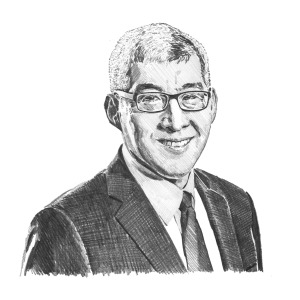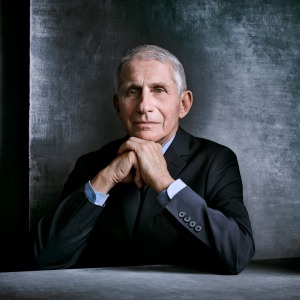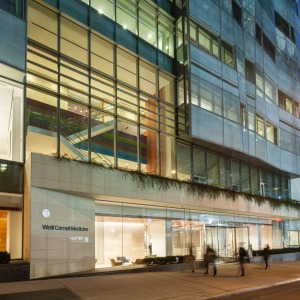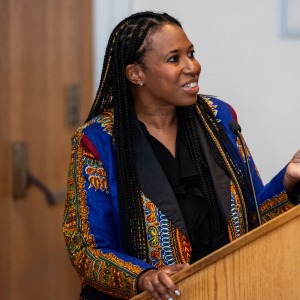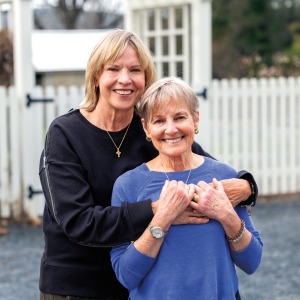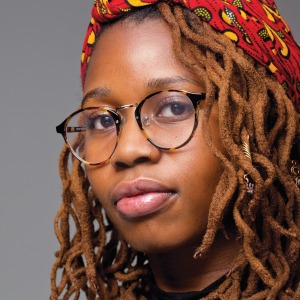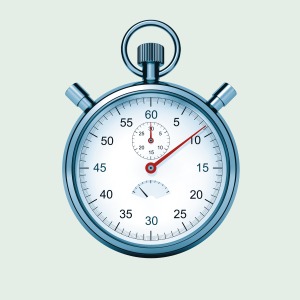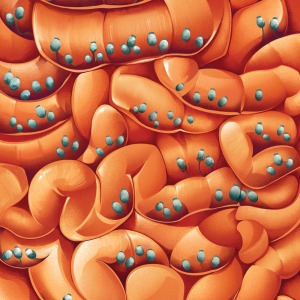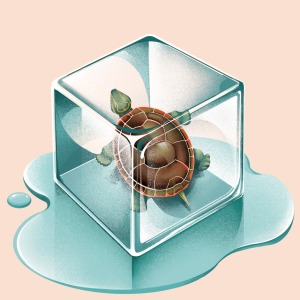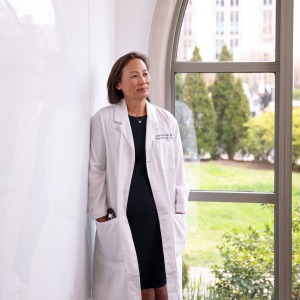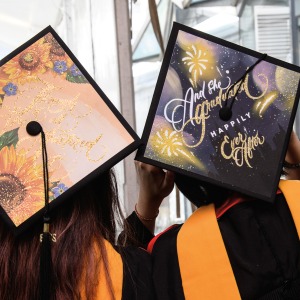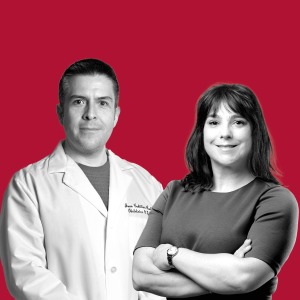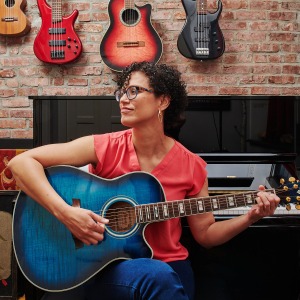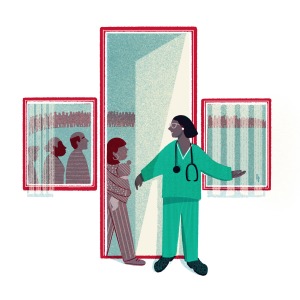In a 2020 study of three such patients, the researchers recorded a distinctive pattern in brain activity, one also seen in patients under deep anesthesia. (Recordings from COVID-19 patients are extremely limited.) Dr. Schiff read about a similar pattern that had been seen in the brains of painted turtles, which can withstand up to five months without oxygen under ice in the winter. To do so, they activate the same inhibitory system within the brain targeted by anesthetics given to human cardiac arrest and COVID-19 patients but in novel ways developed by evolutionary specializations.
In their recent study, Dr. Schiff and co-author Dr. Emery N. Brown (who holds faculty affiliations at Harvard Medical School, MIT, and Massachusetts General Hospital), propose that, by chance, the same protective response emerges in the patients.
“It is our theory that oxygen deprivation as well as practices in the ICU, including commonly used anesthetics, expose elements of strategies that animals use to survive in extreme conditions,” Dr. Schiff says.
“These observations may offer new insights into the mechanisms of how certain anesthetics produce unconsciousness and new approaches for ICU sedation and for fostering recovery from disorders of consciousness,” Dr. Brown adds.

